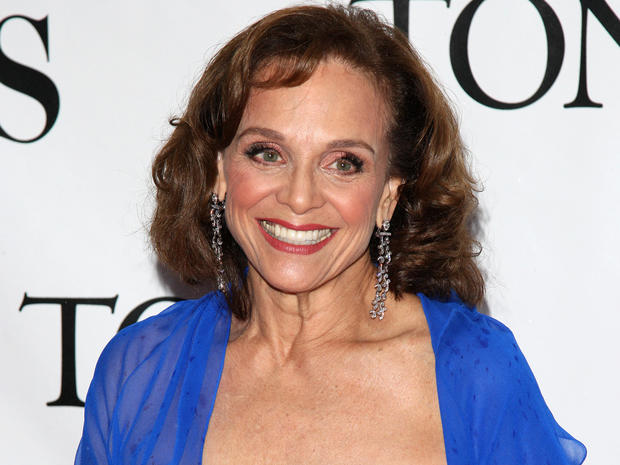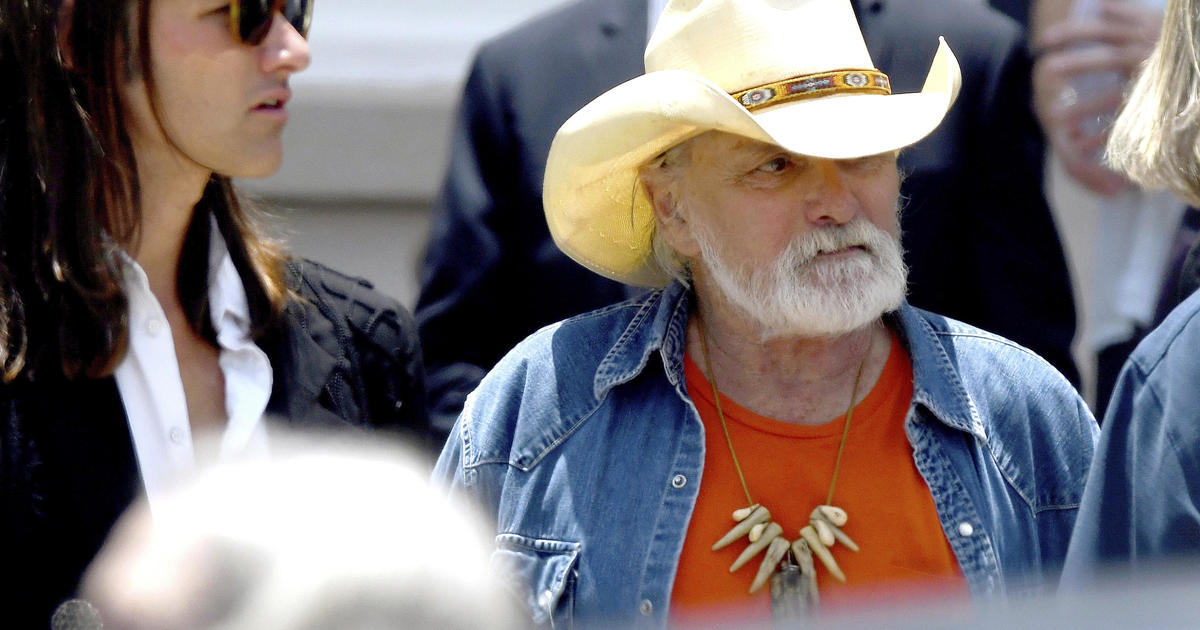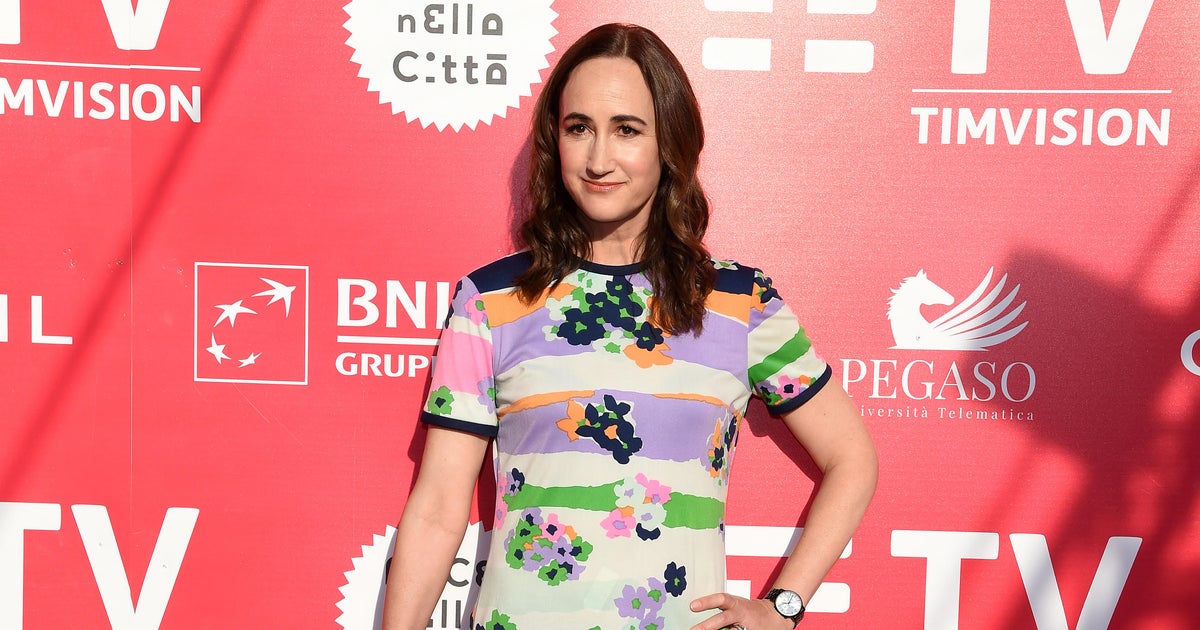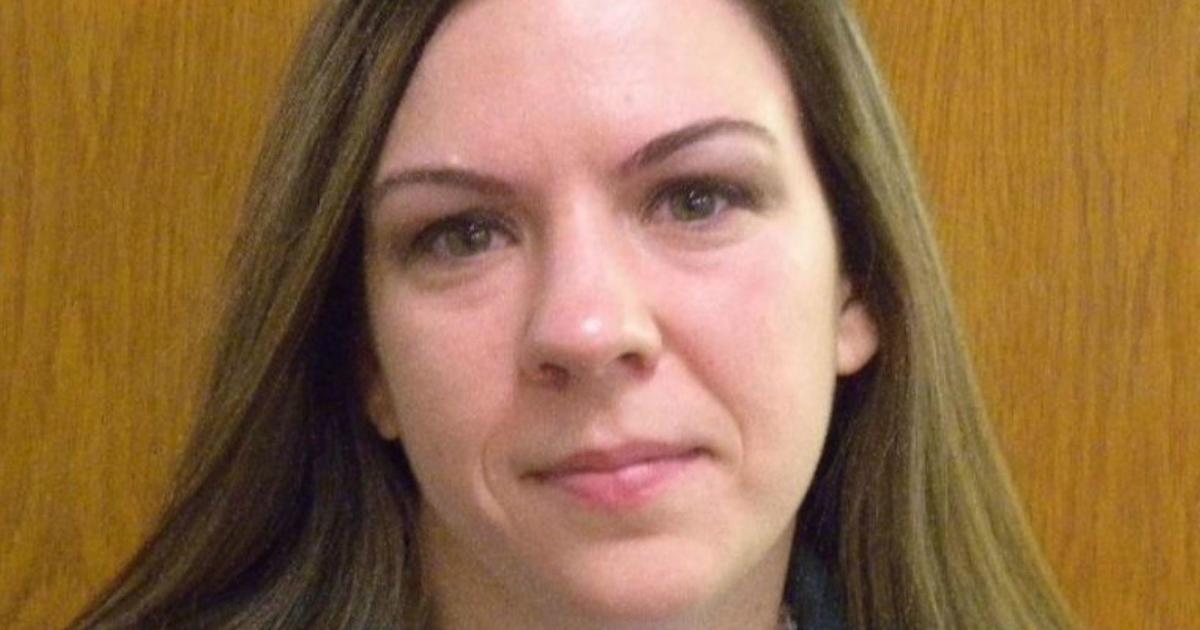Valerie Harper, "Mary Tyler Moore Show," and "Rhoda" star, dies at age 80
Actress Valerie Harper, who played Rhoda Morgenstern on the iconic 1970s television shows "The Mary Tyler Moore Show" and "Rhoda," has died, her daughter confirmed to CBS News. She was 80.
The cause of death was not immediately available, but Harper's husband, Tony Cacciotti, posted on Facebook in July that he had been told to put her in hospice care but decided against it. "We will continue going forward as long as the powers above allow us. I will do my very best in making Val as comfortable as possible," Cacciotti wrote.
Harper was told she only had a few months to live when she was diagnosed with a rare form of brain cancer in 2013.
"I know a lot of you feel like you know me, that you are part of the Morgenstern family and I feel I know you too and so I owe you the truth at the same time as everybody else," Harper told "People" in 2013.
Originally trained as a dancer, Harper was part of the famed Second City company in Chicago before she was spotted by casting director and CBS vice president Ethel Winant and asked to audition for a role on Mary Tyler Moore's new show, originally from the Bronx, according to The Hollywood Reporter. Harper described the audition as the "easiest, most pleasant audition process I ever went through."
Harper's portrayal of Rhoda and the runaway success of "The Mary Tyler Moore Show" led to Harper being given her own spinoff series called "Rhoda" by Moore's independent production company. The show was a smash success at first, becoming the first series to debut at Number 1. Her character's wedding to longtime love Joe was at the time the second highest-rated television episode and Harper won an Emmy in 1975. It was one of four Emmys she won for playing Rhoda.
But the show took a different direction in later seasons and ratings dropped, leading to early cancellation.
Harper's character, the tough-talking Jewish woman from the Bronx, Rhoda Morgenstern, was not necessarily destined to be friends with Moore's sweet, Midwestern Mary Richards. But not only did the characters become one of the most important female friendships in television history, the actresses became close friends.
In 2013 when Harper was diagnosed with brain cancer, Moore said she was "absolutely devastated." The pair reunited for a TV movie in 2000 called "Mary and Rhoda." Moore died in 2017.
Harper returned to television in 1986 in the series "Valerie," playing a suburban mother with three sons. After the first season, Harper and her husband fought for salary increases and eventually refused to come to work.
NBC and Lorimar Television fired Harper, claiming she was difficult to work with and reworked the show to be about the family. Harper sued NBC for breach of contract and libel and in 1988, she won $1.4 million in damages and a share of the show's profits, according to The Hollywood Reporter.
Harper continued to work, including appearing on "Desperate Housewives," "Drop Dead Diva" and "Dancing With the Stars." Through the years, she's made plenty of guest appearances, including spots on "Sex and the City," "Melrose Place" and "That '70s Show."
Her memoir, "I, Rhoda," was published in 2013.
A lifelong non-smoker, Harper was diagnosed with lung cancer in 2009. Four years later, she was diagnosed with leptomeningeal carcinomatosis, a metastatic disease, meaning cancer from one area of the body may have spread to another — in this case, the brain.
"More than anything I'm living in the moment," Harper said at the time. "I really want Americans and all of us to be less afraid of death... don't go to the funeral before the day of the funeral. While you're living, live."




